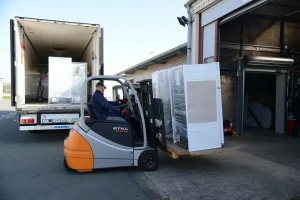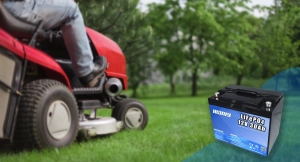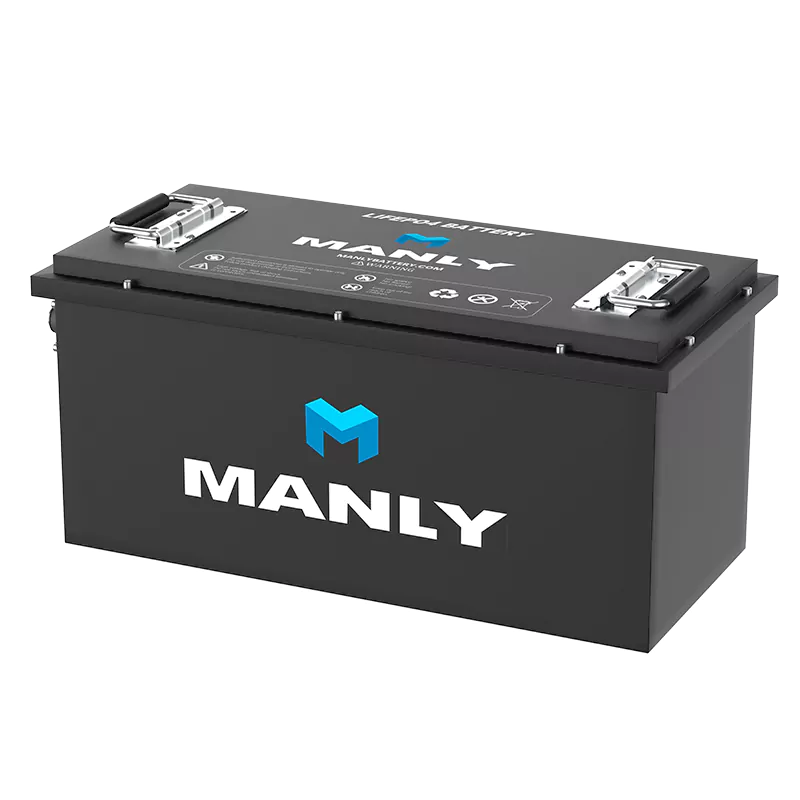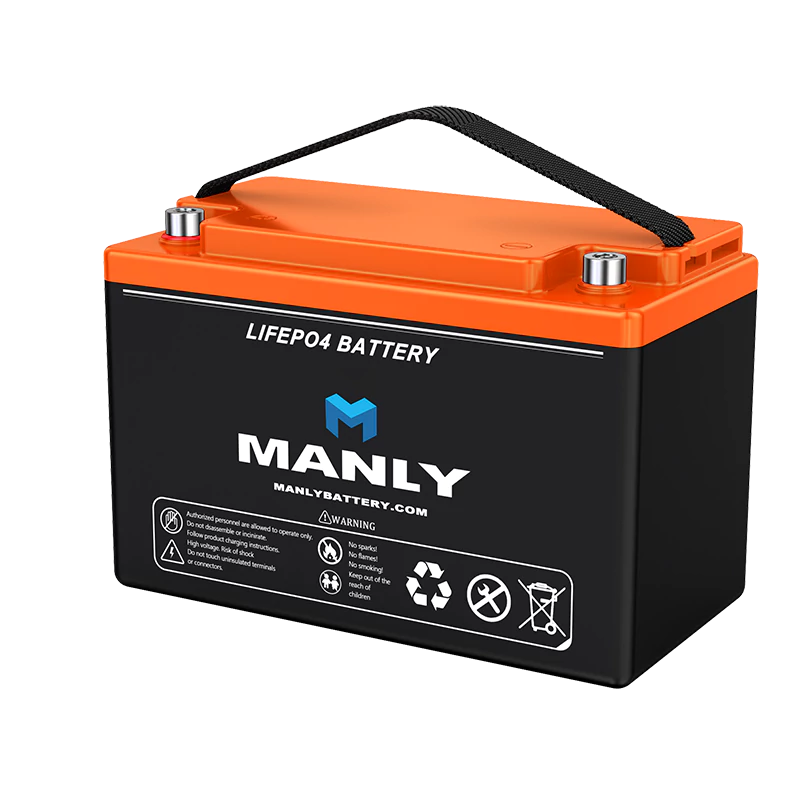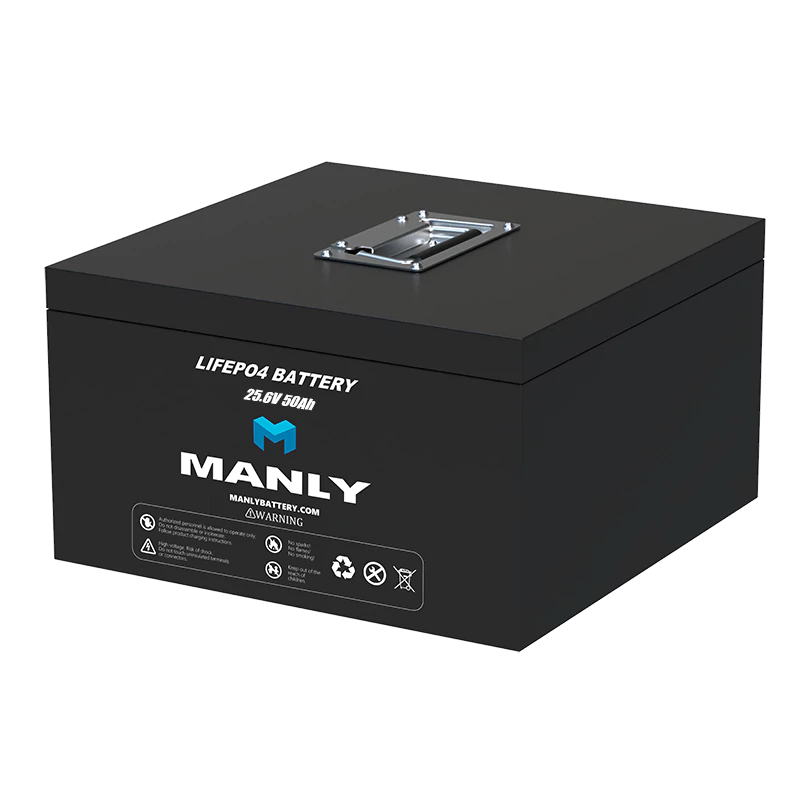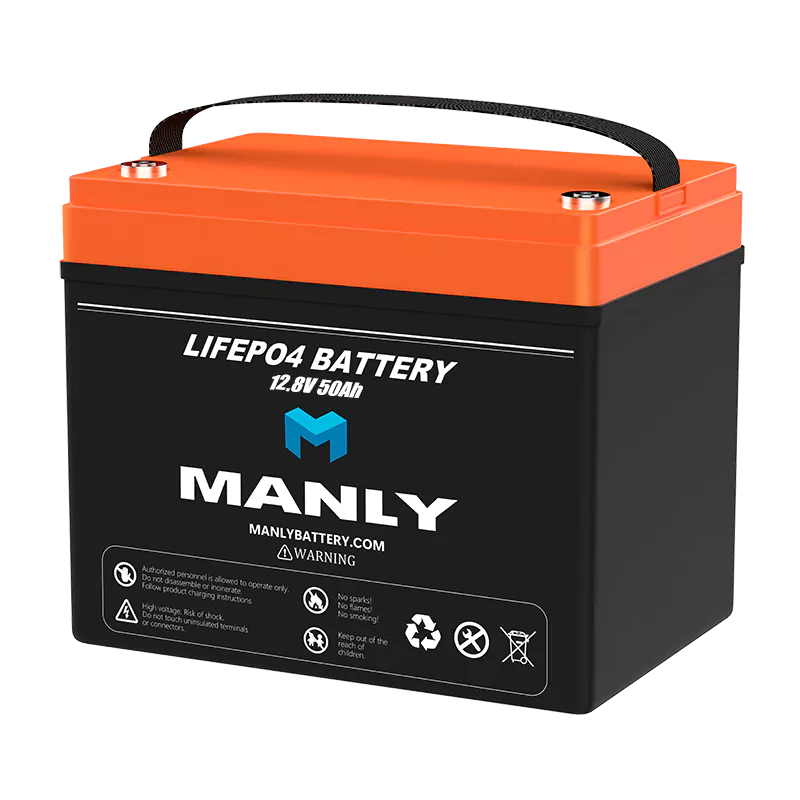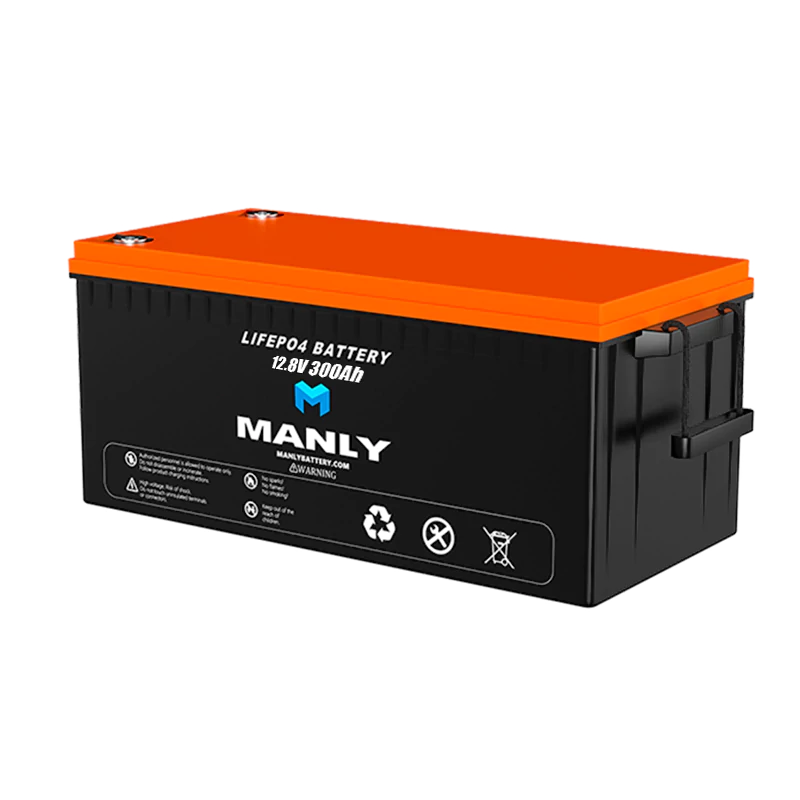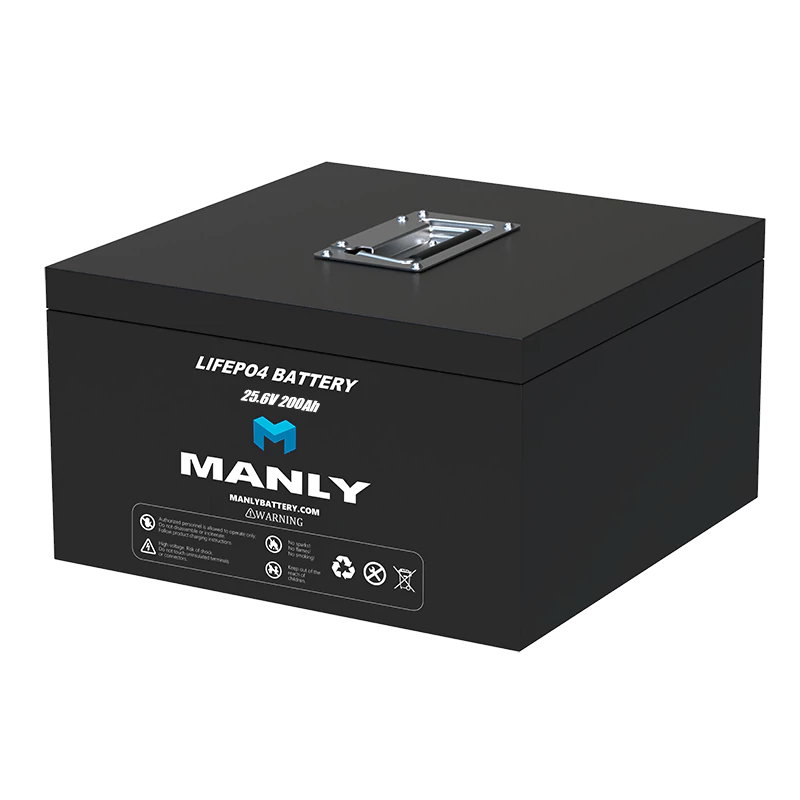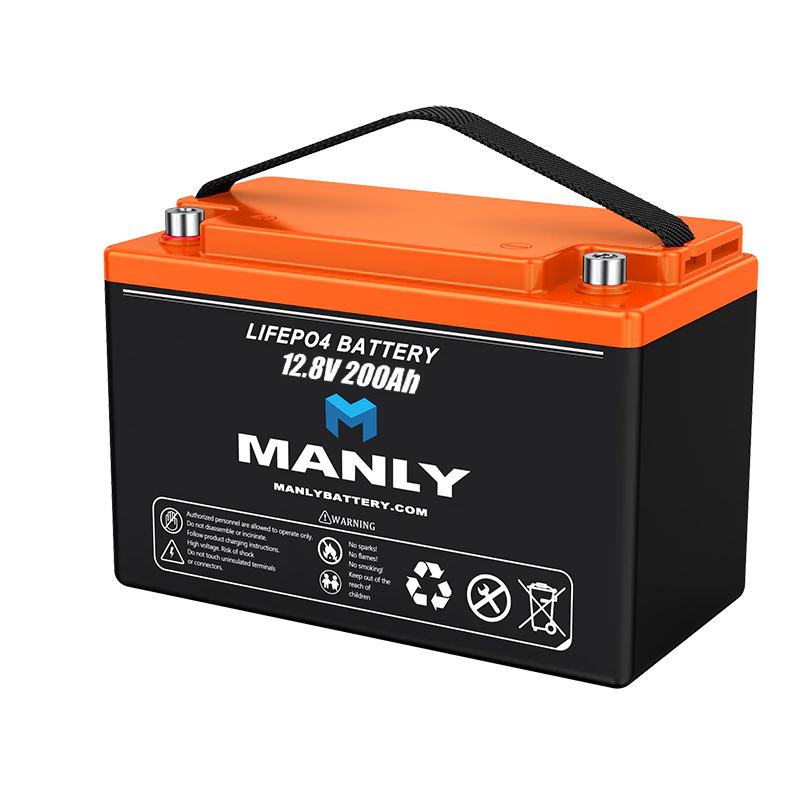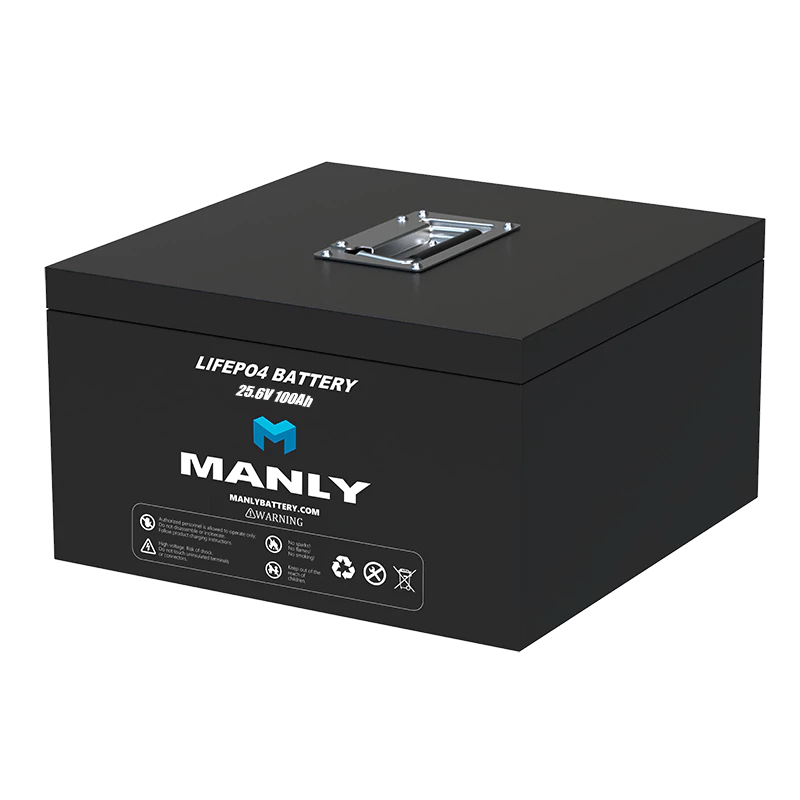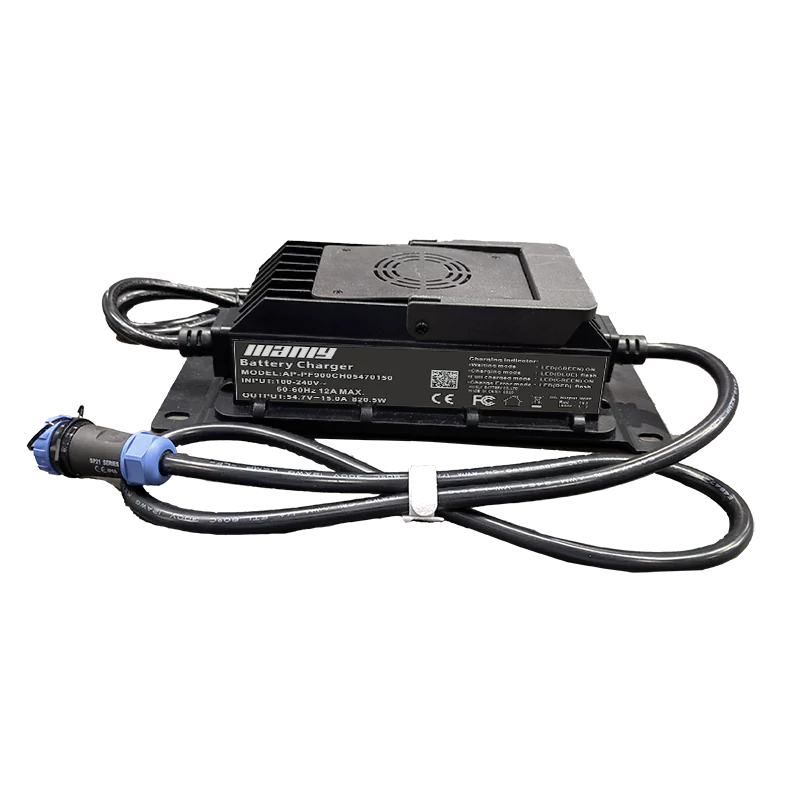Lithium Battery: 15 Popular Uses and Applications
Table of Contents
- Lithium Battery: 15 Popular Uses and Applications
- 1. What are Lithium Batteries?
- 2. What are Lithium-Ion Batteries Made From?
- 3. What are the Top 3 Uses for Lithium Ion Batteries?
- 4. Different Applications & Uses for Lithium-Ion Batteries
- Lithium Batteries in Solar Energy Storage
- Lithium Technology for Emergency Power & UPS
- Lithium-ion Powered Surveillance & Alarm Solutions
- DSLR Cameras
- Tesla Vehicles
- Smart Watches
- Mobility Aides
- Pacemakers
- Emergency Power Backup Systems
- Smart Phones
- Lithium Batteries for Golf Cart
- Lithium Batteries for RV
- Lithium Battery for Electric Scooter
- Marine
- Electric Wheelchair
- 4. Why Buy from MANLY Battery?
- Learn More About Battery
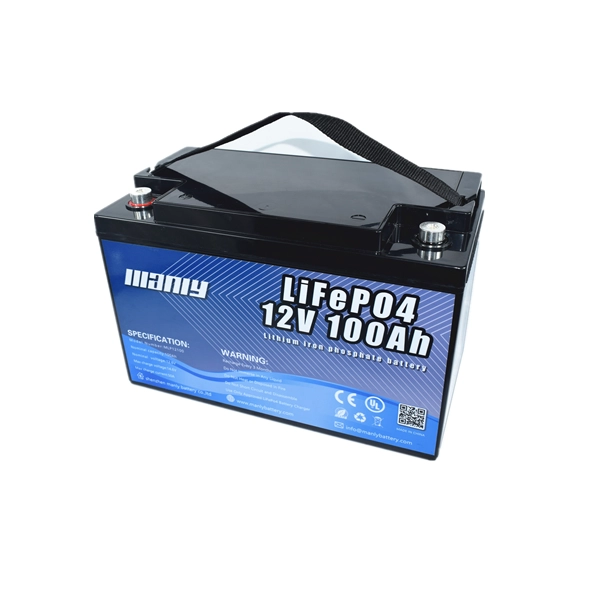
1. What are Lithium Batteries?
Go to any reputable battery supplier, virtually anywhere in the world, and you’ll find that, 99% of the time, it is the humble lithium battery that is their best-seller.Lithium batteries, also known as lithium ion batteries, may be everywhere at the moment, but they are not a new invention. In fact, they have been around for roughly three decades, as they first came to prominence in the 1990s.Developed by Akira Yoshino, Stanley Whittingham, and John B. Goodenough, lithium batteries helped to revolutionize the modern world and help bring rechargeable power to the forefront of modern living. The invention was so significant in fact, that the trio were awarded the Nobel Peace Prize in Chemistry, for this very invention.A lithium battery is basically a rechargeable battery which utilizes the power and properties of the element lithium.These batteries use metallic lithium ions as primary components as anodes. Because of their light weight and high energy density, lithium batteries have become hugely popular as far as rechargeable energy is concerned.Used in a number of different ways and devices (more on those later) you’ll find that lithium batteries operate on basic principles of intercalation and deintercalation of lithium ions from positive electrode materials along with negative electrode materials. There are different types of lithium batteries out there, including lithium-ion phosphate batteries, though in terms of cost-effectiveness, lithium ion batteries from reputable battery supplier companies, are the most common.2. What are Lithium-Ion Batteries Made From?
A lithium battery consists of the following four key components:- Anode material
- Cathode material
- Electrolyte
- Separator
Anode
The anode enables for the flow of an electric current throughout an external circuit. It then stores the lithium ions when the battery receives a re-charge.Cathode
The cathode is the Yang to the anode’s Yin. The cathode is the source of the lithium ions and is responsible for determining the capacity and the voltage of the battery.Electrolyte
The electrolyte serves as the conduit for the lithium ions between anode and the cathode of the lithium battery. It is comprised of solvents, additives, and of salts.Separator
Finally, the separator functions as a physical barrier preventing the cathode and the anode from coming into contact with one another.3. What are the Top 3 Uses for Lithium Ion Batteries?
Lithium ion batteries are widely used in three critical sectors: electric vehicles (EVs), renewable energy storage, and consumer electronics. These applications highlight the significant role lithium ion batteries play in supporting modern technology and sustainability.Powering Electric Vehicles (EVs)
Lithium ion batteries are essential in the electric vehicle (EV) sector, driving the rapid growth of electric transportation. Here’s why they are so crucial:- Energy Efficiency: Lithium ion batteries have 3-5 times higher energy density compared to lead-acid batteries, enabling EVs to travel further per charge.
- Cost Impact: The cost of lithium ion batteries makes up approximately 30%-40% of the total cost of an electric vehicle, underscoring their importance as a core component in EVs.
- Environmental Benefits: Lithium ion batteries help reduce emissions by powering vehicles that don’t rely on fossil fuels, supporting a cleaner environment.
Renewable Energy Storage
Lithium ion batteries are vital for addressing the challenges of renewable energy storage, particularly in solar and wind systems. Here’s how they contribute:- Energy Storage: Lithium ion batteries store excess energy produced during peak generation and release it when demand is higher or generation is low.
- Off-Grid Energy: Lithium ion batteries offer solutions for off-grid applications, providing energy independence for homes and businesses, especially in areas with unreliable grid access.
- Efficiency: With up to 90% efficiency in energy storage and release, lithium ion batteries outperform older technologies, such as lead-acid batteries, which have lower efficiency.
Consumer Electronics
The use of lithium ion batteries in consumer electronics continues to grow, powering devices like smartphones, laptops, and tablets. Key reasons for this widespread adoption include:- Long Battery Life: With lithium ion batteries, devices like smartphones and laptops can last 15-20 hours on a single charge, enhancing user convenience.
- Compact and Lightweight: Lithium ion batteries are lightweight, allowing manufacturers to create slim, portable gadgets without compromising on performance.
- Stable Demand: Despite some fluctuation, the demand for consumer electronics continues to be robust, with smartphones alone accounting for 12 billion units shipped globally in 2022, although there was an 11% decline year-over-year.
4. Different Applications & Uses for Lithium-Ion Batteries
Now that we know more about a lithium battery and how they work, let’s now look at some of the primary uses and applications of these awesome, award-winning batteries.Lithium Batteries in Solar Energy Storage
As global reliance on solar energy grows, projections indicate that by 2050, solar might cater to 20% of the USA's energy demands.Lithium-ion batteries, known for their energy storage proficiency, are a perfect fit for stockpiling surplus energy harvested by solar panels. Even during sunless days or unexpected equipment maintenance, these batteries ensure there's no power interruption. Their compatibility with solar panels' charging nature and their swift charging capability make them indispensable. The rapid charge rate of lithium batteries further enables users to harness every ounce of solar power, optimizing energy storage during every sunny moment.
Lithium Technology for Emergency Power & UPS
Despite technological advancements, power inconsistencies and outages remain prevalent. This is where lithium batteries come into play, proving indispensable for UPS or emergency power backup solutions.Choosing a lithium battery over traditional generators ensures almost immediate power availability. This becomes vital when it comes to running crucial equipment that mandates uninterrupted power, including medical instruments, communication devices, and computing systems.Lithium-ion Powered Surveillance & Alarm Solutions
Gone are the days when monitoring remote areas, vehicle fleets, or shifting job sites depended solely on a direct electricity connection. Today, Li-ion batteries have emerged as a reliable power source for surveillance and alarm systems, especially in places devoid of an electrical network.What sets Li-ion batteries apart? Their compactness, impressive lifespan, and minimal self-discharge even when the system remains dormant. In comparison to conventional lead-acid batteries, lithium-ion variants exhibit a self-discharge rate that's a whopping ten times lower. Hence, for intermittently used systems, lithium batteries are the go-to choice.DSLR Cameras
Up first, we have one of the more surprising examples on our list today, the DSLR camera.Digital cameras rely heavily on lithium-ion batteries. In fact, without them, they wouldn’t work at all. Companies such as Nikon and Canon would not be where they are today if it were not for the invention of the humble lithium battery.You’ll find that the batteries used in DSLR digital cameras are much smaller than a lot of the other lithium ion batteries currently on the market, making them ideal for both amateur and professional photographers.It is best to stick with the same brand of lithium battery, from the same battery supplier, as this means you can use the same battery even if you happen to upgrade your camera.Tesla Vehicles
We all know how Elon Musk’s Tesla brand has revolutionized the electric vehicle industry, and we should all also know that we have lithium-ion rechargeable battery technology to thank for Tesla’s dominance in the EV world.A plethora of popular Tesla models, including the Model S, the Model X, and the hugely popular Model 3, utilize rechargeable lithium-ion batteries for power. Without the batteries, the vehicles would be pointless and inoperable, as it is the battery that enables the vehicle to operate.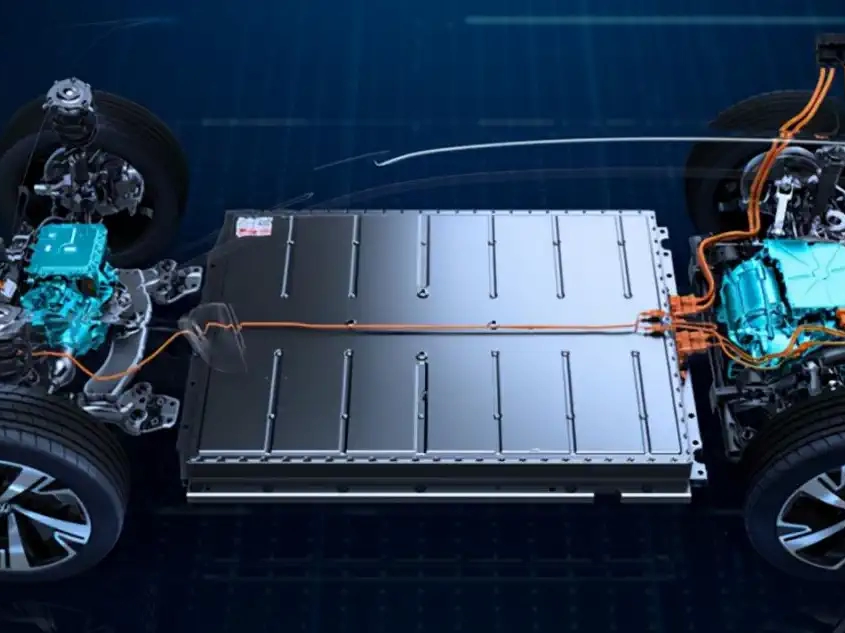
Smart Watches
Remember when watches were used purely for telling the time? Well, thanks to the wonders of modern technology we can now use watches for all manner of different things, providing of course, they have power.The batteries used in watches are much smaller than those used in, say, electric vehicles, but due to their 3V capacity, they can last as long as more than a decade in a digital watch which utilizes less power.Mobility Aides
Another very common and very important use for lithium-ion batteries in the modern world is in mobility vehicles.You’ll find that mobility vehicles such as mobility scooters and electric wheelchairs can benefit hugely from the tech utilized in a lithium battery.Needless to say, mobility aides such as electric wheelchairs, and mobility scooters, need to be operational for long periods of time. One full charge should last for hours, which is where lithium batteries enter the picture.A lithium-ion battery sourced from a professional, reputable supplier will provide several hours’ worth of operational time before the battery needs to be re-charged. Their long-lasting capabilities make lithium ion batteries a great fit for battery-operated mobility vehicles and aides.Pacemakers
There’s a reason why lithium-ion batteries have won a Nobel Peace Prize, and that reason is the fact that they have revolutionized modern living as we know it today.When we think of a lithium battery, we generally associate it with entertainment and think of it more as a modern luxury, rather than an everyday essential for life itself. For some people however, having an operational lithium-ion battery, and a non-functioning battery could literally be the difference between life and death.Lithium-ion batteries are commonly found in medical devices such as pacemakers, due to their long lifespans, their high energy densities, their efficient voltage characteristics, and their low drain currents.Typically weighing very little (less than 30 grams) and having a lifespan of around 7 – 8 years on average, lithium batteries used in pacemakers are ideal for use in the medical field. Lithium cells experience, on average, a drop of just 10% over the course of 5 years.
Emergency Power Backup Systems
The last thing anybody wants is a power outage, especially if they’re in the middle of something important, or if it’s dark.Rather than having to light candles, and hope that the energy providers can get the power back on quickly, you could use a lithium-ion battery system.Instead of relying on an emergency power backup generator you could use a lithium battery power backup system instead. With one of these systems, as soon as the power goes off the backup will kick in and you will enjoy near-instant power until the main supply is restored. This is ideal for times when pieces of equipment require a supply of power at all times.A great example of where a lithium battery emergency backup supply would be crucial would be in a hospital or medical facility where life-saving machines and equipment need a constant supply of power. Again, this is another example of where a lithium battery could literally be the difference between life and death.Smart Phones
When most people think of lithium-ion batteries, it is Smart Phones that instantly spring to mind.People rely on their phones for all manner of different things, which is why a reliable, quick-charging, long-lasting battery is so important.The batteries used in smart phones take, on average, less than two hours to charge, yet they will last more than five times that duration, on average at least.Lithium Batteries for Golf Cart
Lead-acid batteries have a pollution problem we can't ignore. The lead and acid in them are harmful stuff that doesn't break down easily. Golf courses worry about these batteries. They're not safe and they wear out, which cuts down on how far a golf cart can go. For example, many golf carts on the market come with six 175Ah lead-acid batteries. When new, a cart with these batteries can go about 40km. But as the cart gets older, the battery gets weaker. Sometimes, it can't even go 10km. This makes using the cart really hard.From a tech side, we can't fix these lead-acid battery problems. But, the good news is that lithium batteries have come to the rescue. Swapping out lead-acid power for lithium is the way of the future. The most common golf cart lithium battery types are 12V, 36V, and 48V. That last one, 48V, is turning into one of the strongest ones out there. Besides powering golf carts, the 48V lithium battery is also great for other vehicles and stuff, giving them speed and value.By switching from lead-acid to lithium, golf carts designed for the older batteries get a big performance boost. Lots of golf carts with lead-acid batteries need a special kit to use lithium ones. If a golf cart maker doesn't have this kit, then the cart needs some changes to work with lithium batteries.Why are Golf Cart Lithium Batteries So Good?- Lithium-ion batteries last 10 times longer because they're efficient. This means your vehicle and gear last longer when it matters.
- Compared to regular lead batteries, they weigh up to 75% less.
- They can charge up to 100% super fast. Sometimes, it only takes 30 minutes. On the other hand, old-style lead batteries charge way slower, only up to 80%.
- Even in cold, tough weather, golf cart lithium battery gives more than 85% power. Acid batteries lose nearly 35%.
- You don't have to keep golf cart lithium batteries standing up like old batteries. So, they fit in many places to meet your power needs.
- They're almost no work to take care of. Over time, acid batteries can leak. This can make the battery ends rot and harm your gear for a long time.
- Old lead-acid batteries can be bad. They can rot and leak acid. This is not good for living things and the world around us.
Lithium Batteries for RV
RVs get power in several ways: from plug-in sources, generators, solar panels, and batteries. Compared to old-school lead-acid batteries, RV lithium batteries stand out. They're better in storing energy, size, weight, and charging.Using electricity in an RV is a challenge. RVs move and bump around. They're often in places without easy charging. Also, RVs sit unused for a long time. Batteries store power to run everything in the RV.Lead-acid batteries are cheap. But, they're heavy and big. They don't last long, either. For folks using their RV now and then, these might be okay. If you use about 8 units of electricity a day, you'd need around 8 lead-acid batteries of 100Ah. Each of these batteries weighs about 30KG. So, 8 batteries weigh as much as three grown men! Plus, they wear out fast and hold less power over time. That's why choosing an RV lithium battery is smarter if you want more power in a smaller space.But, picking lithium brings another question: Iron Phosphate (LiFePO4) or Ternary Lithium?Ternary Lithium batteries pack a lot of energy in a small space. That's why they're top picks for small electric cars. Their high energy means longer driving ranges, which is a big deal for electric car owners. But, compared to them, LiFePO4 doesn't store as much energy. On the plus side, LiFePO4 lasts way longer and is safer. They stay stable even at high temperatures and won't catch fire easily. Ternary Lithium batteries can get unstable and can catch fire at much lower temperatures.In RVs, batteries store power from solar, the engine, and plug-ins to run appliances. Unlike electric cars, RV owners need their batteries to charge and drain often, and they must be safe.That's why, given its long life and safety, LiFePO4 is the best choice for RVs.Lithium Battery for Electric Scooter
Electric scooters are super handy for getting around. They work a lot like traditional electric bikes, so they're easy to learn. But, they're simpler, with smaller wheels and a lightweight design. This means they save space and resources. The old-school lead-acid batteries they used had some issues. They didn't last long, were big, heavy, and needed a lot of care. But now, there's the electric scooter lithium battery. It's a game-changer. It lasts longer, is smaller, lighter, and powerful. Plus, it's safe, tough, eco-friendly, and can handle rough weather.Marine
Lithium batteries come in different types. You can break them down by the materials they use or how they're packaged. Some common ones are iron phosphate lithium batteries, polymer lithium batteries, and regular lithium-ion batteries. And for packaging? There are cylindrical steel shell batteries, soft pack batteries, and square aluminum shell batteries.- Regular Lithium-Ion Batteries: These are alright but not the best. They're not great in high heat like the iron phosphate ones. Cold weather? Polymer lithium batteries handle that better. When we talk about safety, nickel-metal hydride batteries are safer. But these regular lithium batteries are cheaper. They're often used for backup lights. Most times, they're kept somewhere at room temperature. Cylindrical steel shell batteries usually hold these lithium ions, but they're big, heavy, and not a top pick for boats.
- Polymer Lithium Batteries: These are mainly the soft pack type. They're made using a layering process. So, they're flexible in size, capacity, and shape. They're smaller, lighter, and can store a lot, making them a good marine lithium battery. But, there's a catch. They're pricier to make and, since they pack a lot of energy, safety can be an issue. That's why you don't see them a lot on fishing boats.
- Iron Phosphate Lithium Batteries: These are better than your typical storage lithium-ion batteries. They're great in heat and can discharge a lot of power. The regular ones aren't the best in the cold, but some improved versions are better than nickel-metal hydride batteries, just not as good as polymer lithium ones. When it comes to cost, they're pricier than nickel-metal hydride but cheaper than polymer lithium. Most ships use these batteries because, at room temperature, they give the best bang for your buck.
Electric Wheelchair
Electric wheelchairs that use lead-acid batteries tend to be heavy. This is because they often use brush motors and those heavy batteries. But the electric wheelchair lithium battery is changing the game. Why? Because they're lighter, easy to carry, safe, comfy, green, and have a fresh design. Older folks really love them. Let's break down the good and the not-so-good of these wheelchairs.Good Stuff About Electric Wheelchair Lithium Battery:- Lightweight & Foldable: Lithium battery wheelchairs are light. Plus, most of them can fold up. This makes them easy to take on trips. The heavy lead-acid battery wheelchairs just can't do this.
- Longer Life: Lithium batteries last longer than lead-acid ones. They're made differently, which makes them protect themselves better. So, they can last two to three times longer.
- Sturdy Frame: To keep them light, these wheelchairs use frames made of aerospace-grade aluminum or just regular aluminum. This means they're super light and don't easily bend or break.
- Better Motor: These wheelchairs use brushless DC motors. What does this mean? Well, they don't need much upkeep, they last a long time, have a lot of power, work efficiently, and can go farther on a single charge.
- More Expensive: These wheelchairs can cost more. The lithium battery, the frame material, and the motor are pricier than the ones in lead-acid battery wheelchairs.
- A Bit Noisy: Because they use a brushless motor, they can be a bit louder than wheelchairs with brush motors.



